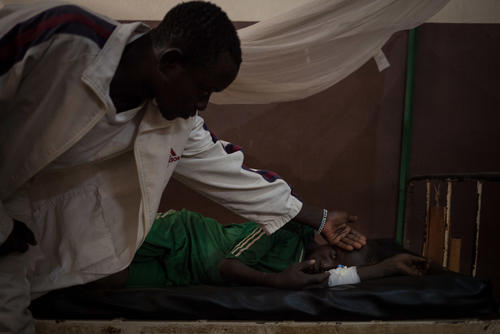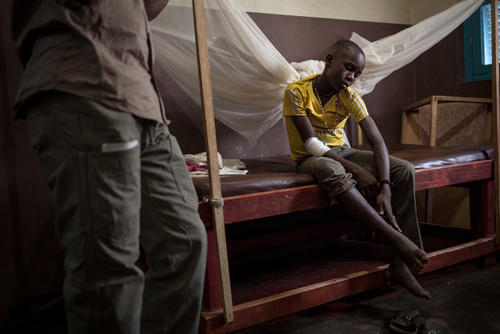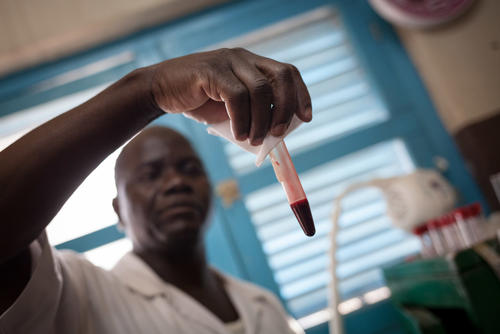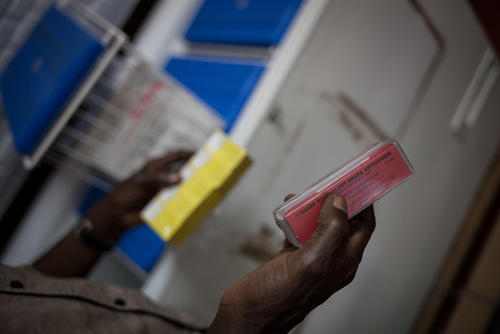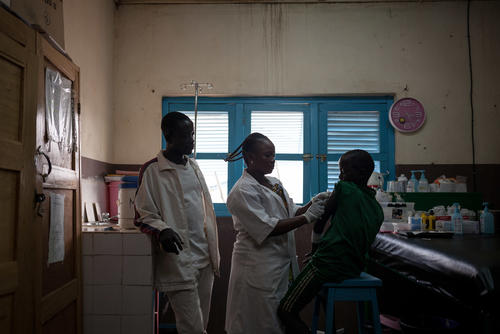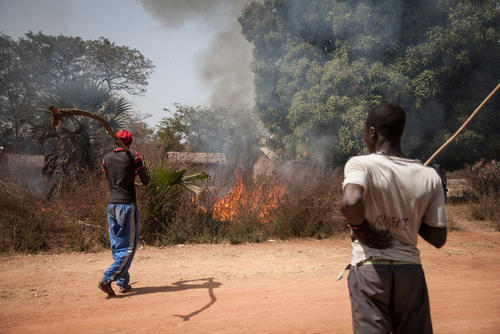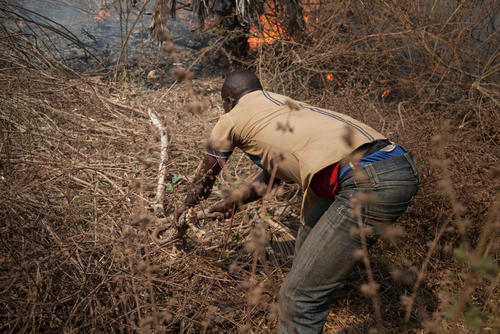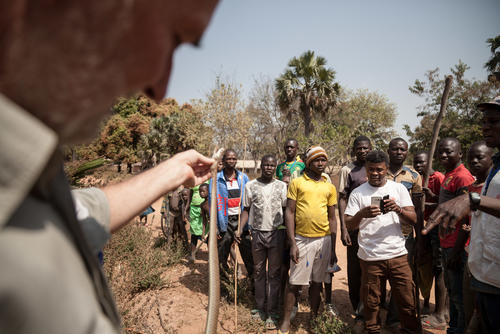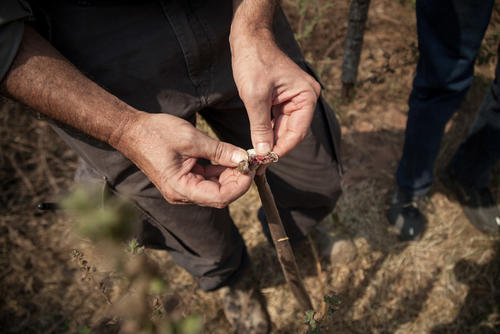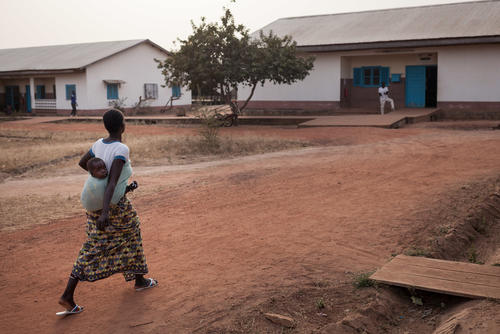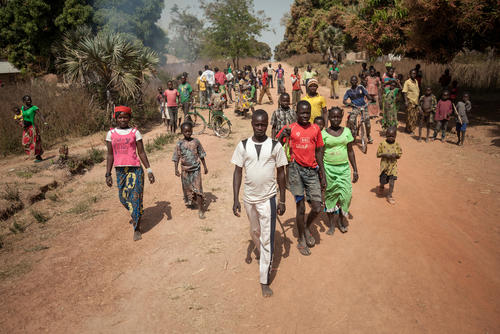MSF has worked in Paoua, northwestern Central African Republic since 2006. Disease and snakebites are frequent there but people lack access to healthcare. In 2017, we treated around 1,000 victims of snake bite envenoming, which can trigger life-threatening hematoxic, cytotoxic and neurotoxic syndromes.
Snakebite envenoming permanently disables hundreds of thousands of people and kills more than 100,000 every year across the globe – more than any other World Health Organization (WHO)-designated neglected tropical disease. More than 20,000 people die from snakebites each year in sub-Saharan Africa alone.
Yet highly effective treatments exist.
We treat several thousand people free of charge in our facilities annually, but most people bitten by snakes in sub-Saharan Africa live in rural areas. They receive no antivenom treatment (the only validated treatment for the disease) or it is substandard because exorbitant prices put quality treatment out of reach.
